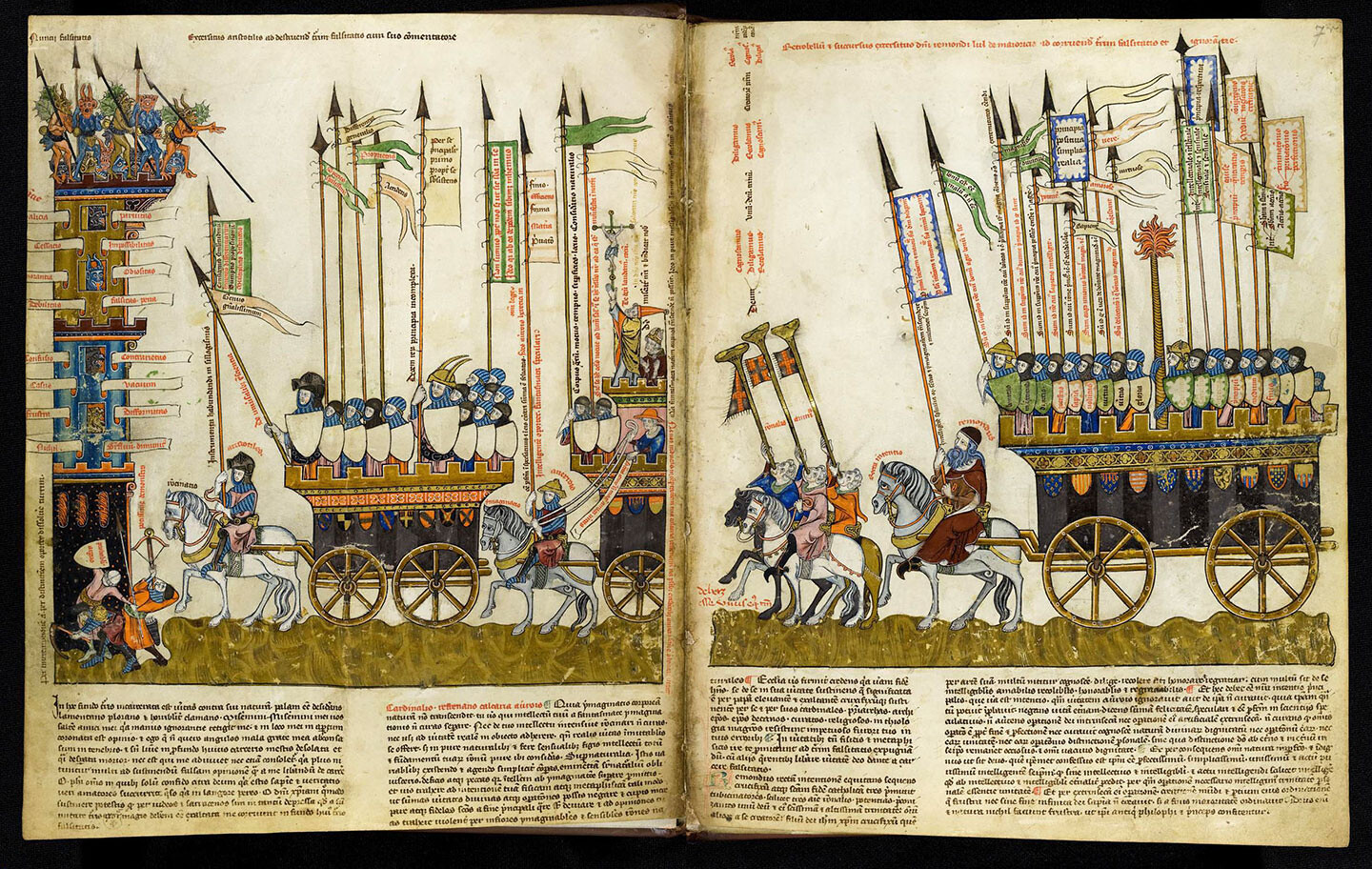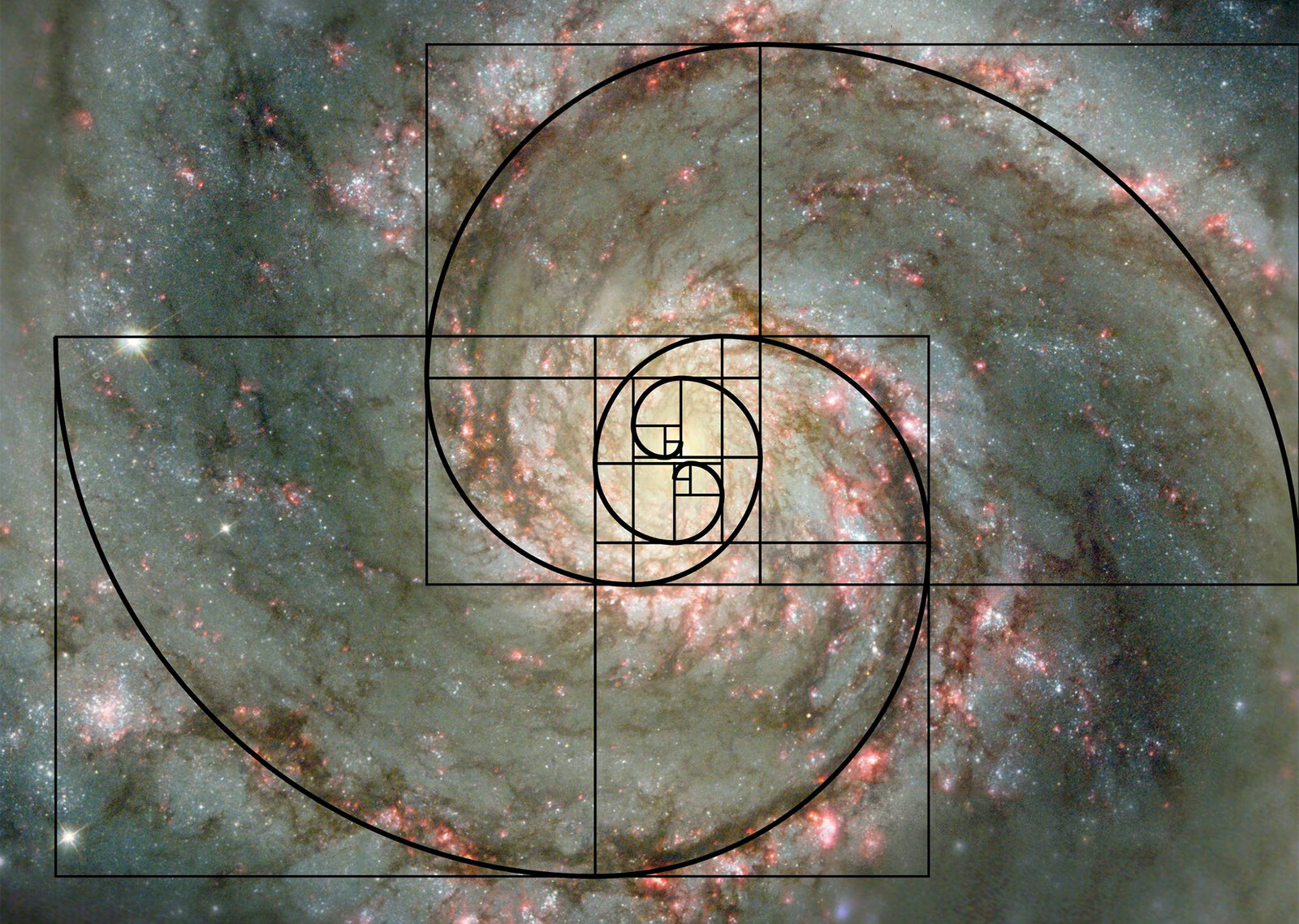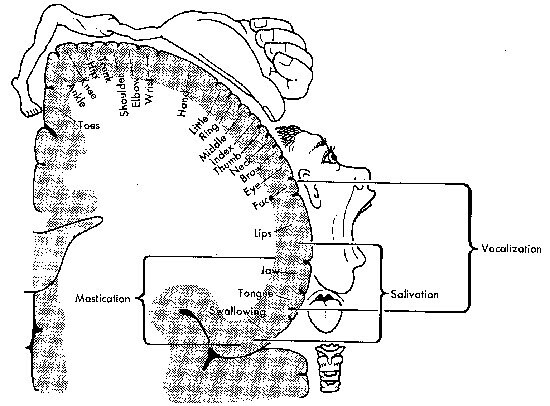Like all the formal logic and universal language systems that followed, Llull’s Ars is highly reductive and compressive in its makeup, comprising a set of basic truths designed so that any process can be broken down to a series of fundamental operational steps. This mandated processing of only-one-thing-at-a-time has constrained every computer since, no matter how powerful. The spatial reduction it delivers is not simply a response to archival exigencies but also key to reactivating knowledge.
If it is true that the individual is caught in a circle of continuous undulation between enslavement and liberation, trapped in the paradox of simultaneously being her own master and slave, can learning from the logic of the machine provide a path for a new, alien beginning? And if it is true that instrumentality as such has developed its own logic through the evolution of machine complexity, shouldn’t we attempt to think the instrumentality of the post-cybernetic individual beyond the dualities of means and ends?









